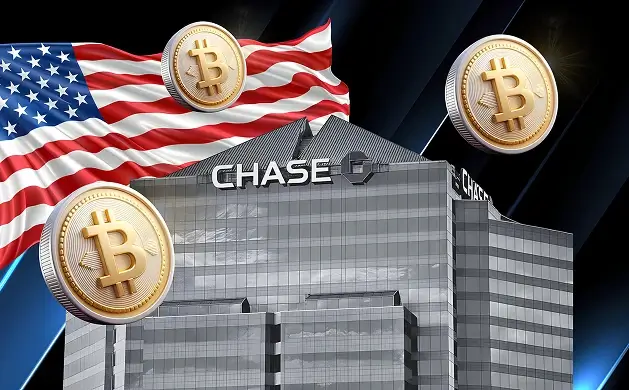What are Solana Gas Fees?

Summary: Solana’s gas fees average $0.00025 per transaction (0.0012 SOL) and are categorized into transaction fees, prioritization fees, and rent fees.
Additionally, Solana burns 50% of all transaction fees, reducing SOL’s circulating supply and enhancing its proposition as a store of value and competitor to Ethereum.
What are Solana’s Gas Fees?
Solana’s gas fees are the operational costs for executing transactions and maintaining on-chain data storage. These fees are integral to the blockchain’s economic design, compensating validators for computational resources and discouraging spam.
Unlike many other Layer 1 blockchains, Solana divides these costs into three main categories: transaction fees, prioritization fees, and rent fees. Each fee type addresses a distinct technical requirement, optimizing network performance and scalability.
Transaction Fees
Transaction fees are the base costs required to execute instructions on Solana’s network. Set at a static 5,000 lamports (0.000005 SOL) per signature, these fees compensate validators for the computational resources needed to process transactions. They also discourage spam by attaching a cost to each transaction and contribute to long-term network stability.
However, with the surge in activity from memecoins and apps like pump.fun, transaction fees have begun to rise. This increase indicates potential scaling challenges for Solana as demand grows.

Prioritization Fees
Prioritization fees are optional additional fees users can pay to expedite their transactions.
Calculated using the transaction’s compute unit limit and price (in microLamports), these fees help users avoid delays during periods of high network demand. They are particularly valuable for time-sensitive use cases, such as high-frequency trading.

Rent Fees
Rent fees are withheld to store account data on-chain, ensuring that Solana maintains its highly efficient storage system. These fees are reclaimable when an account is closed, distinguishing them from transaction and prioritization fees.
Accounts must maintain a balance above the rent-exemption threshold to stay active on the network.
Does Solana Burn Transaction Fees?
Yes, Solana burns 50% of all transaction fees, including base fees, prioritization fees, and vote fees. This mechanism reduces SOL’s circulating supply, supporting long-term value and network security.
In the last 24 hours, Solana burned 18,947 SOL, primarily from user priority fees (17,612 SOL) and base fees. On average, the network burns around 17,609 SOL daily, ensuring a consistent reduction in total supply over time.

Solana vs Ethereum vs Layer 2 Gas Fees
Solana’s gas fees average $0.00025 per transaction (0.0012 SOL), enabled by its parallel processing system (Sealevel) and high throughput of 20,000 transactions per block. Optional prioritization fees offer faster transaction speeds at minimal cost, even during peak usage.
Ethereum’s gas fees typically range from $3 to $10 per transaction, often spiking above $50 during periods of congestion. Limited throughput of approximately 70 transactions per block and a competitive fee market drive these higher on-chain costs.
Layer 2 solutions like Base significantly lower fees by handling computations off-chain, with gas costs ranging from $0.00061 to $0.00062 per transaction, depending on processing speed. These solutions improve scalability while relying on Ethereum’s Layer 1 for final settlement.

What is a Lamport and microLamport?
A Lamport is the smallest unit of Solana's cryptocurrency, SOL, used to measure transaction fees and account balances. There are 1 billion Lamports in 1 SOL.
A microLamport is an even smaller unit, with 1 million microLamports in 1 Lamport. This allows for precise fee calculations and balances on the Solana network.
Bottom Line
Solana’s low fees, efficient design, and fee-burning mechanism make it a cost-effective and scalable blockchain.
By categorizing fees into transaction, prioritization, and rent, Solana ensures affordability and economic stability, offering a compelling alternative to Ethereum’s higher costs and Layer 2 solutions like Base.
%2520(1).webp)
Written by
Antony Bianco
Head of Research
Antony Bianco, co-founder of Datawallet, is a DeFi expert and active member of the Ethereum community who assist in zero-knowledge proof research for layer 2's. With a Master’s in Computer Science, he has made significant contributions to the crypto ecosystem, working with various DAOs on-chain.

.webp)

.webp)
.webp)



